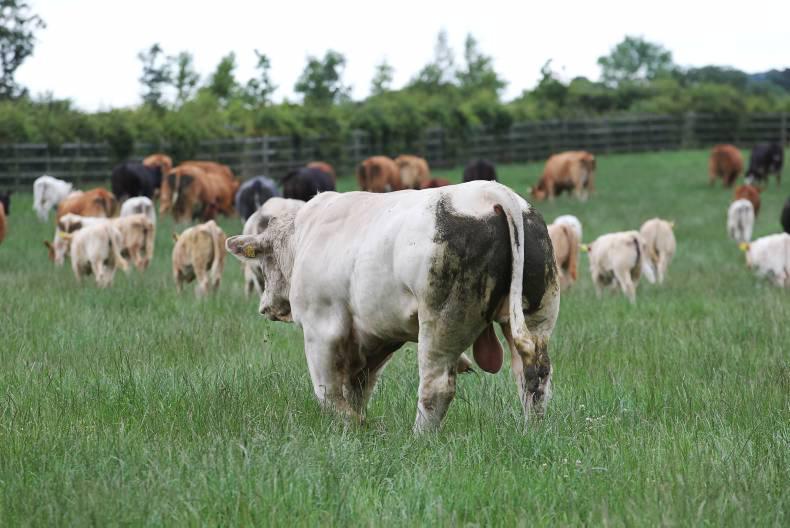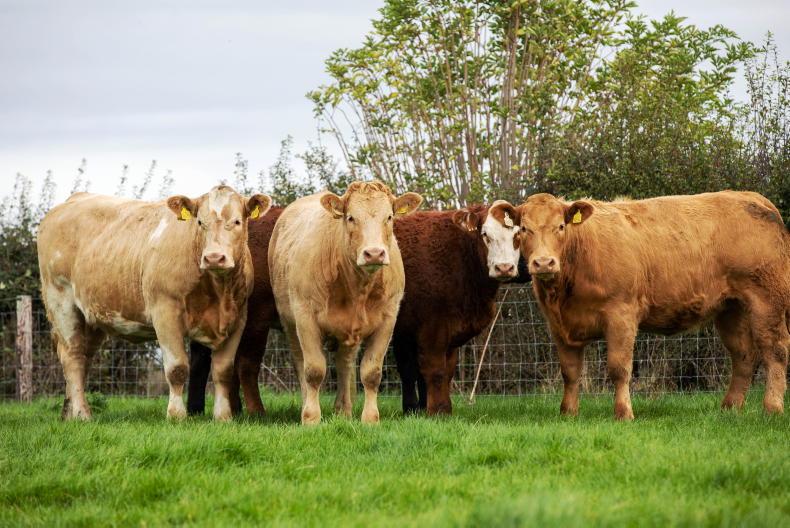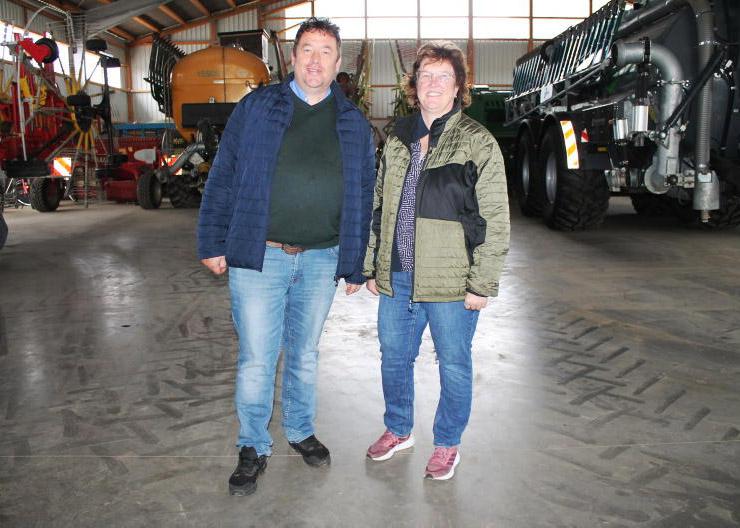Over 1,700 farmers have exited the Beef Data and Genomics Programme since the scheme’s deadline on 5 June this year. In September we reported that 724 farmers had left the scheme and since then a further 1,017 farmers have opted out of the six-year programme.
A total of 27,790 applicants are now active in the scheme, compared to the initial uptake by 29,531 applicants. The current number of applicants was confirmed in response to parliamentary question by Minister for Agriculture Simon Coveney last week. The minister also said that, to date, genotype samples have been submitted to the laboratory by 10,542 herds for some 107,000 animals. Of this number, more than 9,400 herds have submitted all their samples.
“A total of 8,165 applicants have returned their survey forms through the post, with a further 2,000 applicants recording data online,” he said.
Information meetings
The Department of Agriculture has been holding a series of information meetings on BDGP over the last couple of weeks. The Irish Farmers Association (IFA) has been present at all of the meetings and has sent a number of proposals to Minister Coveney based on what it has heard.
Key issues
One of the key issues highlighted by National Livestock chairman Henry Burns is that farmers are currently purchasing replacement females, with genetic evaluations from the Irish Cattle and Breeding Federation (ICBF) as four or five stars. Burns said that when these animals are later genotyped, a more reliable process to evaluation, they could fall back to one, two or three stars.
“In this scenario, the farmers who bought them will not qualify under the scheme and the farmer will be at a loss,” Burns said. “This is an issue which must be rectified immediately by the Minister.”
Elaborating on the issue, the IFA livestock chairman said the scheme must be able to accommodate the shift in the €urostar ratings that will take place for animals as a result of constant genetic re-evaluation.
“The scheme must accommodate a farmer who purchases a four- or five-star maternal bull who has, because of evaluation changes, female progeny of one, two or three stars. In other words, the scheme cannot penalise a farmer or deny payments to a farmer who does everything right and ends up with the wrong animals because of genetic re-evaluations outside his control.”
Responding to the IFA’s concerns over evaluation versus genotyping, Kevin Downing of the ICBF said that just as an animal might drop a star or two when it is genotyped, it might also rise a star or two.
“The star ratings of animals move both ways under evaluation anyway,” he said. “It will be no different when the animal is genotyped. But with genotyping, the information should be more reliable as further reference information for the DNA type of the animals will be available.”
Downing also highlighted the fact that farmers are required to have 20% of their herd genotyped as four or five stars by 2016.
“Most farmers are already well on their way towards achieving this target so a change in one or two animals is not likely to have a big effect,” he added.
Downing said that the ICBF is aiming to have genomics available for farmers in BDGP in the spring of 2016.
Among other suggestions, the IFA is proposing that the BDGP be reopened in January 2016, to provide an opportunity to farmers to join the scheme next year.
Read more: Farm payments glossary: BDGP









SHARING OPTIONS